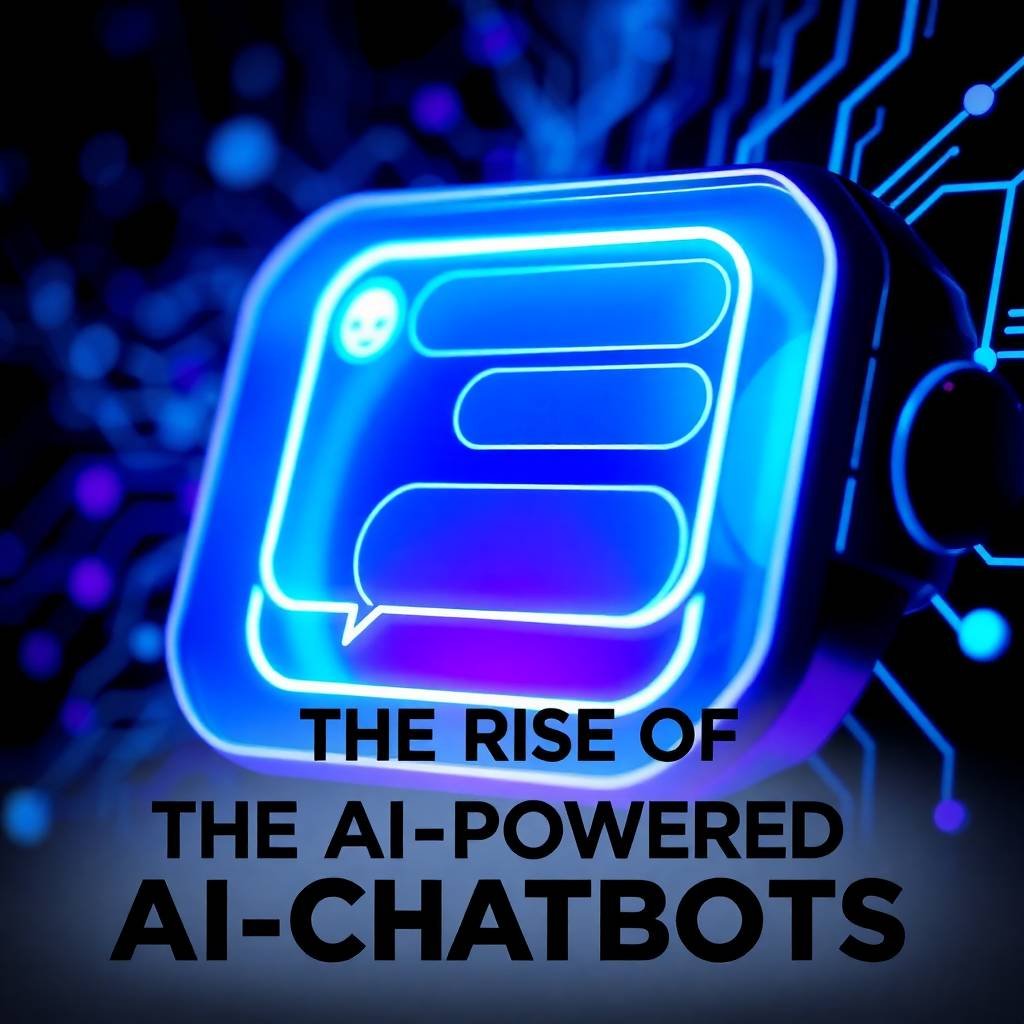In the digital age, AI-powered chatbots have become indispensable tools for businesses aiming to enhance customer interaction and streamline operations. From simple customer queries to complex problem-solving, these chatbots are transforming the way industries function. As AI technology advances, the capabilities and applications of chatbots continue to expand, making them a key component of modern business strategies.
The Evolution of Chatbots
From Simple Scripts to Intelligent Assistants
The journey of chatbots began with basic scripts that could respond to predefined inputs. These early chatbots were limited in functionality, often leading to frustrating user experiences. However, the integration of machine learning and natural language processing has revolutionized these virtual assistants, enabling them to understand context, learn from interactions, and provide personalized responses.
Key Milestones in Chatbot Development
- 2006: IBM’s Watson made headlines with its ability to process and respond to complex questions, setting a new standard for intelligent systems.
- 2016: The launch of Amazon’s Alexa and Google Assistant marked a significant leap in AI technology, bringing voice-activated assistance into homes and businesses.
- 2020: AI chatbots became prevalent in customer service platforms, capable of handling a wide range of inquiries efficiently and effectively.
Benefits of AI-Powered Chatbots
Enhancing Customer Experience
AI-powered chatbots significantly improve customer experience by providing instant, 24/7 support. They can handle multiple inquiries simultaneously, reducing wait times and ensuring that customers receive prompt assistance. By using natural language processing, these chatbots can understand and respond to complex questions, creating a more personalized interaction that keeps customers engaged and satisfied.
Cost Efficiency for Businesses
Implementing AI chatbots can lead to substantial cost savings for businesses. By automating routine customer service tasks, companies can reduce the need for a large support staff, allowing human agents to focus on more complex issues that require a personal touch. This balance of automation and human intervention leads to more efficient operations and better resource allocation.
Impact on Various Industries
Retail
In the retail sector, AI chatbots enhance the shopping experience by assisting customers with product searches, order placements, and tracking shipments. They can also provide personalized recommendations based on customer preferences and past purchases, boosting sales and customer loyalty.
Healthcare
The healthcare industry benefits from AI chatbots in patient triage, appointment scheduling, and providing information about medical conditions. These chatbots make healthcare more accessible and efficient, helping to reduce the burden on medical professionals while ensuring patients receive timely care.
Banking and Finance
In banking, AI chatbots offer personalized financial advice, handle transactions, and improve security through identity verification. They simplify complex financial processes, making banking services more user-friendly and accessible.
Future Prospects
Continuous Learning and Improvement
As AI technology continues to evolve, chatbots are expected to become even more sophisticated. With advancements in machine learning, these virtual assistants will be able to learn from each interaction, improving accuracy and delivering increasingly human-like responses. This continuous learning will enable chatbots to handle more complex tasks and provide deeper insights into customer preferences and behaviors.
Integration with Emerging Technologies
The future of AI-powered chatbots lies in their integration with emerging technologies such as the Internet of Things (IoT) and blockchain. By connecting with IoT devices, chatbots can offer more contextual and seamless interactions, enhancing user experience across smart home and industrial applications. Blockchain technology will enhance the security and transparency of transactions conducted via chatbots, making them more trustworthy and reliable.
Conclusion
AI-powered chatbots are transforming the way businesses interact with their customers. By providing efficient, cost-effective, and personalized solutions, they are becoming an integral part of various industries. As technology advances, the role of chatbots will expand, offering even more innovative and impactful uses. Businesses that embrace this technology stand to gain a competitive edge in the rapidly evolving digital landscape.

